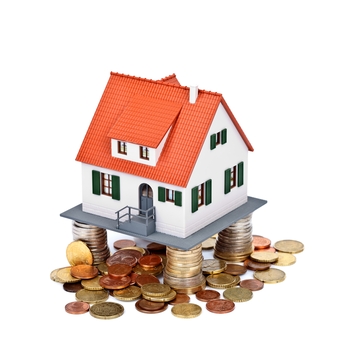Buying a commercial property may prove a wise and remunerative investment, whether you are doing so to secure premises for your own business or buying with the specific intention of letting to others as a money-making venture.
Here are a few tips outlining the advantages of making such an investment, together with some of the considerations you may wish to bear in mind.
If you are buying the premises for your own business :
– you do not have to worry about paying any rent;
– if the building increases in value, the capital gains may provide a significant boost to your business;
– interest payments on any mortgage you may have arranged are typically tax deductible;
– that is providing you are able to raise a mortgage in the first place – commercial mortgages typically require a deposit of at least 20% – and probably in excess of 30%;
– commercial mortgages are generally not available for periods of less than 15 years and you are more than likely going to have to show your business accounts and projections to any lender;
– for your own security and peace of mind, but also as a condition of any mortgage advance, you are likely to want adequate commercial property insurance;
– if you own the premises from which you are operating, the property itself may be re-mortgaged if your business needs an additional injection of funds;
– just as you are likely to do when buying your own house, the role of competent and experienced professionals may be critical;
– lawyers, for instance, may be responsible for drafting the legal contracts for the conveyance of the property;
– accredited surveyors are able to advise you (and not just your mortgage lender) on the condition of the structure and fabric of the building in relation to its price – although surveyors are able to perform many other roles, too (as the official website of the Royal Institute of Chartered Surveyors makes clear).
If you are buying for your own business or to let :
– bear in mind that mortgage interest rates may go up, so increasing the monthly cost of your investment;
– whether the property is intended as your own business premises or you propose to let them, you need to factor in the cost of maintaining and repairing it.
Whether you are buying, letting or renting :
– as with practically any property investment, location is likely to be everything;
– in the case of commercial property, your choice of location may depend on the nature of the business you or your tenants are conducting;
– if yours is a retail operation, for example, high visibility and easy public access are likely to be important considerations;
– if you are involved in the manufacture or production of goods, transport links for your suppliers and onward delivery to your markets may be critical;
– if you are a relatively high-tech company, especially one with most business conducted online, you may be able to save money by operating from a more remote location;
– when choosing between city and countryside, you might also want to take into account the travel needs of your staff into account – although they may be more expensive city-based property is likely to make commuting easier and therefore give you a greater selection of potential employees from which to choose.
The long-term
Whether you are buying to let or for the purpose of housing your own business, the purchase of commercial property is likely to be a long-term move.
The investment is likely to be significant and, if the property is for your business, in the short-term at least it may absorb capital that you might otherwise spend on recruiting more staff or buying new plant, equipment or stock.
Infographic created by Mad Masonry





Thank you so much for valuable tips on property investment